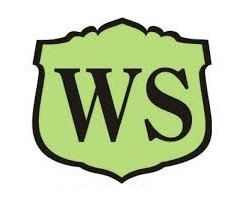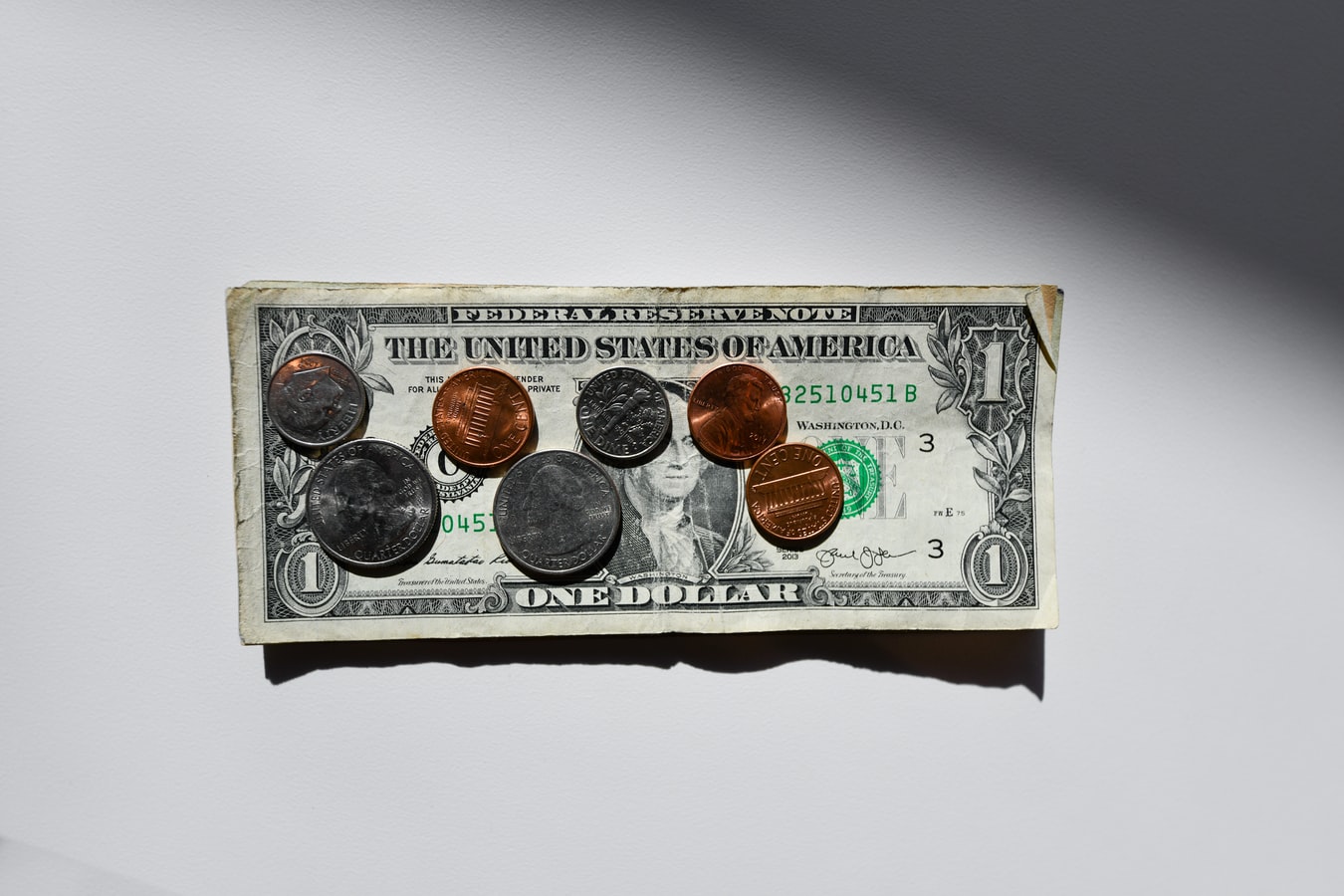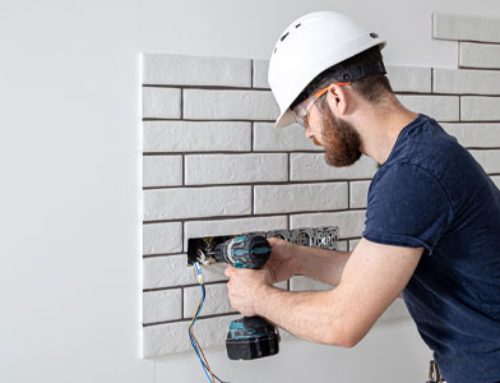Communities are assigned a board of directors to oversee the everyday operations, needs, and concerns of the community. However, this does not protect your community from fraudulent activity. The more informed you are about common HOA scams and fraud types, the more effectively you can take preventative measures to protect your HOA.
Hoa Common is Fraud in HOAs?
More than 40 million households belong to HOAs and HOA fraud costs the nation millions of dollars each year. HOA fraud is certainly not an uncommon occurrence since the community funds of these communities are often targeted. All in all, preventing HOA fraud and embezzlement is worth taking into serious consideration.
4 Types of HOA Fraud and Abuse
Here are the most common types of HOA fraud to look out for:
-
HOA embezzlement
It’s difficult to track small sums of money that go missing or are left unaccounted for across a recurring period of time. This is the most common form of homeowners association embezzlement. This type of HOA fraud can occur through digital finance invoices or physically through check cash-outs.
-
Bribery and kickbacks
There are many forms of bribes that qualify as a fraud within an HOA. These include, but are not limited to, things like gifts, discounts, waivers, tips, free advertising, sponsorship, stock options, and more.
-
Rigged elections
A corrupt HOA board can lead to rigged board elections in favor of specific candidates. This will make the redirection of contracts and vendors to their own companies a much easier task to achieve.
-
Discrepancies in financial documents
HOA mismanagement of funds is a common outlet for HOA fraudulence. The financial figures in reports and data may not comply with the actual expenditures, meaning certain costs were left unaccounted for. If left unnoticed, the HOA could risk running out of finances to support the community properly.
How to Detect Embezzlement
Homeowners association embezzlement is not always as easily detectable as it seems, which is why HOAs can risk facing serious financial losses that even lead to bankruptcy if left unattended.
Common signs to look out for include:
- Frequent, unnecessary renovations and repairs are being carried out.
- Financial managers detect balance sheets and bank statements that have discrepancies.
- Unnecessarily high-price purchases.
- Missing financial or bookkeeping documents.
- Complaints from vendors regarding late payments.
- HOA Bookkeepers and employees who do not take regular vacations.
How to Report HOA Fraud
It’s important to keep in mind that it is a serious accusation against the person who you are skeptical of committing HOA fraud or abuse of power. If you are a member of the community and are suspicious of fraudulent behavior, then it is optimal to address your concerns to the board. If you are a member of the board and are doubtful of individuals within the board members, look through available documentation or request access in order to determine if your claims are in accordance with the data. In either scenario, whether or not you find substantial evidence, you can call for a special board meeting to address suspicions regarding HOA fraud and abuse. In the case that the meeting is ineffective in resolving the matter, you can then resort to the interference of law enforcement.
How to Prevent HOA Fraud
It’s a given that prevention is easier than dealing with the consequences of oversights afterward. There is no foolproof method to preventing HOA fraud, but here are a few steps you can take to lessen the chances of it striking your HOA hard:
- Trusted HOA support — if you’re working in collaboration with an HOA management firm, try your best to opt for a reputable and reliable one. Search for public reviews and feedback to ensure previous clients have not experienced any cases of HOA fraud and abuse with them.
- Regular reporting — enforcing regular checks and balances system should be at the heart of your HOA’s financial management. When you ensure every dollar is accounted for, you are less likely to run into issues later on.
- Requiring two signers — enforce a two-factor signing procedure for financial documents to ensure everything is confirmed by two parties before the payment is accepted.
Impact of Fraud on the Community
It goes without saying that even suspected HOA fraud and abuse negatively impact the community. Not only does it create a sense of distrust between the community members and the board. Other than that, the HOA can take a serious hit financially during both large-scale thefts or embezzlement over a period of time. Most HOAs file for insurance in these cases, but they are not always reimbursed in a timely manner. The HOA may be forced to tap into financial reserves to maintain the regular functioning and upkeep of the community.
Whether it’s through your individual efforts or your HOA is working with a property management company, ensure your HOA’s financial services are offered by trustworthy providers. Wall Street is an HOA management service based in California and serving LA County. For any questions or concerns, don’t hesitate to contact us.





